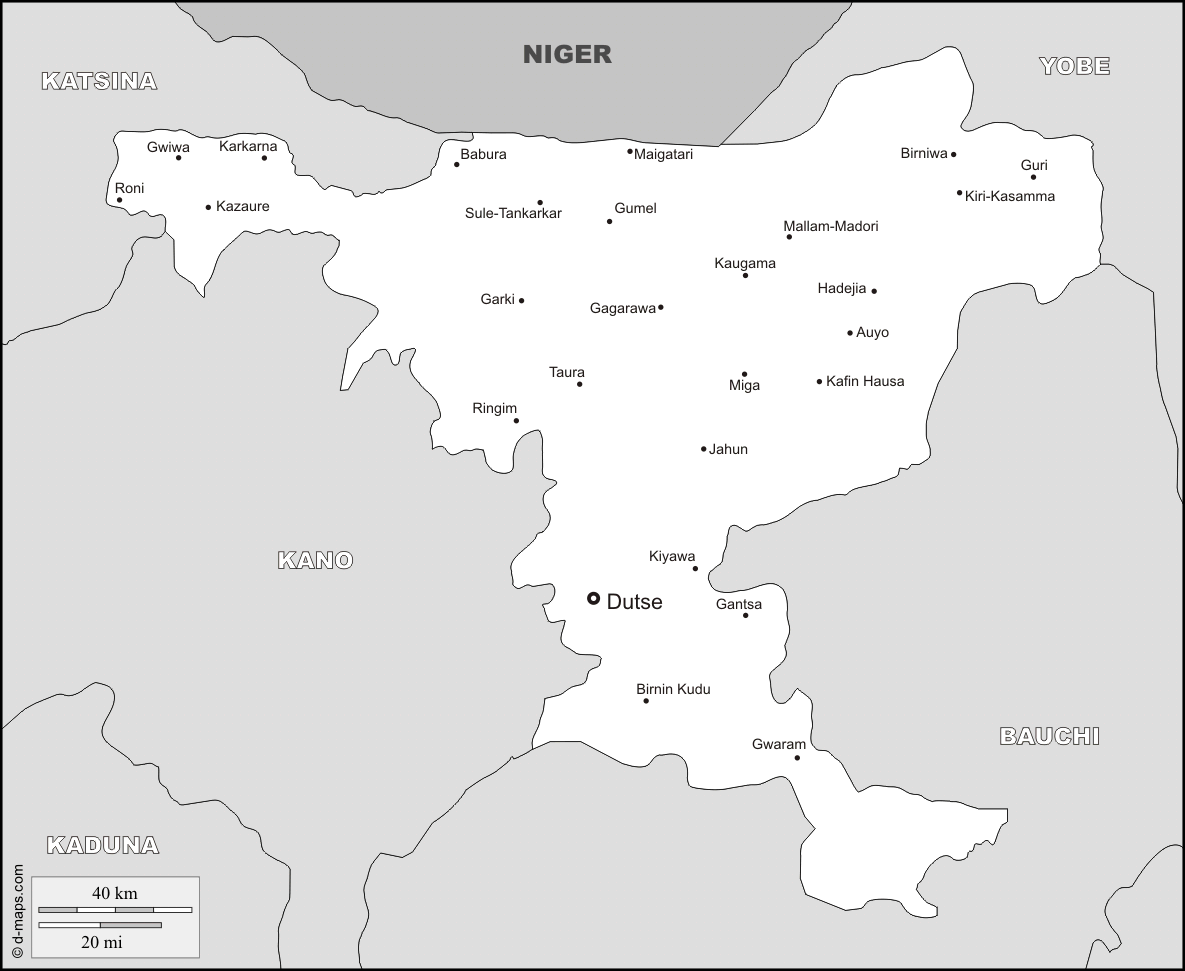Jigawa State - The New World.
Nestled in the northeastern part of Nigeria, Jigawa State has earned a reputation as a place of transformation, innovation, and growth. Often referred to as The New World, Jigawa is redefining what it means to be a thriving state in Nigeria by embracing development, cultural preservation, and sustainable progress.
Jigawa represents a beacon of hope and possibility. Its focus on sustainable development, cultural preservation, and technological advancement positions it as a model for other states in Nigeria. The journey of transformation continues, as Jigawa embraces the future while honoring its past. That is Why Jigawa state is The New World
Whether you are a business person seeking opportunities, a tourist in search of adventure, or a researcher exploring Nigeria's diverse cultures, Jigawa State welcomes you to The New World.
Created in 1991, Jigawa State was carved out of Kano State. With Dutse as its capital, the state covers an area of 23,154 square kilometers and is home to over 5 million people. The predominant language is Hausa, and the state is renowned for its rich cultural heritage, vibrant agricultural economy, and an increasingly diversified development agenda.
Jigawa is one of Nigeria's leading agricultural states, producing crops such as millet, sorghum, rice, and sesame. The fertile floodplains of the Hadejia River are a lifeline for farmers, allowing for large-scale cultivation and irrigation projects. This agricultural abundance has not only sustained the local population but also positioned Jigawa as a key player in Nigeria’s food security.
Jigawa State is harnessing its natural resources to become a leader in renewable energy in Nigeria. The state has vast potential for solar energy production due to its abundant sunshine. The Jigawa Solar City project, located in Gwiwa Local Government Area, is one of the state's ambitious initiatives aimed at providing clean, sustainable energy to power homes and industries.
Recognizing the importance of education in fostering development, Jigawa has invested heavily in its educational sector. Programs targeting girl-child education and technical skills training are reshaping the future of the state’s young population. Institutions like the Jigawa State Polytechnic and Sule Lamido University are producing a skilled workforce to meet the challenges of the modern world.
Jigawa State offers a treasure trove of cultural and natural attractions to explore:
- The Birnin Kudu Rock Paintings: Ancient rock art dating back thousands of years, offering a glimpse into prehistoric life.
- The Hadejia-Nguru Wetlands: A haven for birdwatchers and nature enthusiasts, these wetlands are a key stopover for migratory birds.
- Dutse Royal Palace: A symbol of the region's history and traditional architecture.
- Traditional festivals like the Maulud and Eid celebrations bring communities together, showcasing vibrant music, dances, and crafts that reflect the state's rich heritage.
The state's government is proactive in creating a business-friendly environment, offering incentives for investors in agriculture, energy, and industrial manufacturing. The free trade zones and industrial parks being developed across the state are attracting local and international investors.
While Jigawa State is making remarkable strides, challenges such as climate change, poverty, and infrastructure gaps persist. However, the state's leadership is committed to tackling these issues through innovative policies and public-private partnerships.
